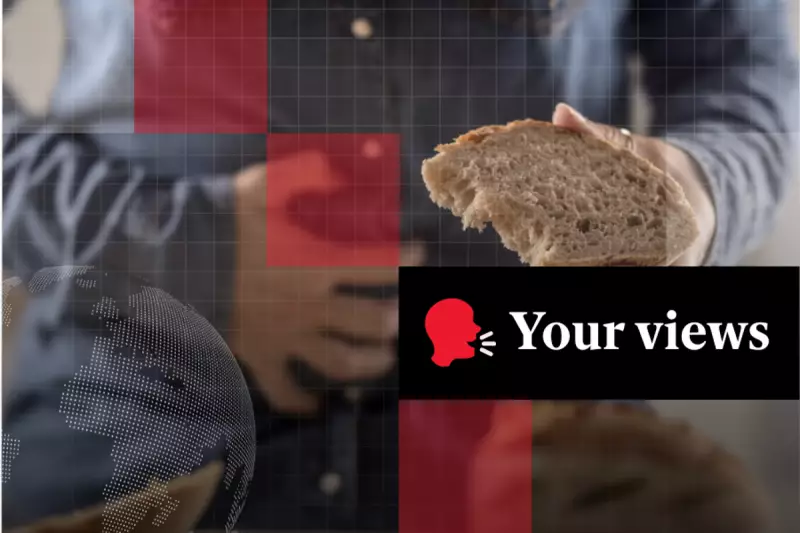
The National Health Service is implementing significant changes to gluten-free prescription services, creating new challenges for individuals diagnosed with coeliac disease across Britain. These alterations could force patients to bear greater financial responsibility for essential dietary items they previously received through NHS support.
What's Changing for Coeliac Patients?
Under the new framework, many clinical commissioning groups are restricting or completely eliminating gluten-free prescriptions. This policy shift affects staple foods including bread, pasta, and flour that form the foundation of a balanced gluten-free diet.
Coeliac UK, the leading charity supporting those with the condition, has expressed deep concern about these developments. "For many patients, especially those on lower incomes, these prescriptions provide vital access to safe, nutritious foods," explained a spokesperson.
The Financial Impact on Households
The economic burden of maintaining a gluten-free diet cannot be underestimated. Research consistently shows that gluten-free products typically cost three to four times more than their conventional equivalents. This creates a substantial financial penalty for individuals who have no choice but to adhere to strict dietary restrictions for medical reasons.
Sarah, a coeliac patient from Manchester, shared her experience: "When my local CCG cut prescriptions, my weekly food bill increased by nearly £25. For pensioners and families on tight budgets, this isn't just inconvenient – it's potentially devastating."
Understanding Coeliac Disease
Coeliac disease represents a serious autoimmune condition where consuming gluten triggers damage to the small intestine. Unlike food allergies or lifestyle choices, this condition requires complete, lifelong avoidance of gluten to prevent:
- Severe digestive complications
- Nutritional deficiencies
- Increased cancer risk
- Osteoporosis development
- Other autoimmune conditions
The Regional Variation Problem
One of the most concerning aspects of these changes is the emergence of a postcode lottery in coeliac care. Patients in neighbouring areas may receive completely different levels of support depending on their local CCG's policies, creating significant health inequality across regions.
Healthcare professionals warn that reduced access to prescribed gluten-free foods could lead to poorer dietary compliance, potentially resulting in more hospital admissions and long-term complications that ultimately cost the NHS more than the original prescriptions.
Looking Forward: The Future of Coeliac Support
As the NHS continues to face budgetary pressures, the debate around gluten-free prescriptions highlights broader questions about how essential dietary support should be classified within healthcare services. Patient advocacy groups continue to campaign for consistent, fair access to the necessary foods that enable coeliac patients to maintain their health and wellbeing.
The coming months will prove crucial in determining whether alternative support systems can be established to prevent the most vulnerable patients from facing impossible choices between their financial stability and their medical needs.





